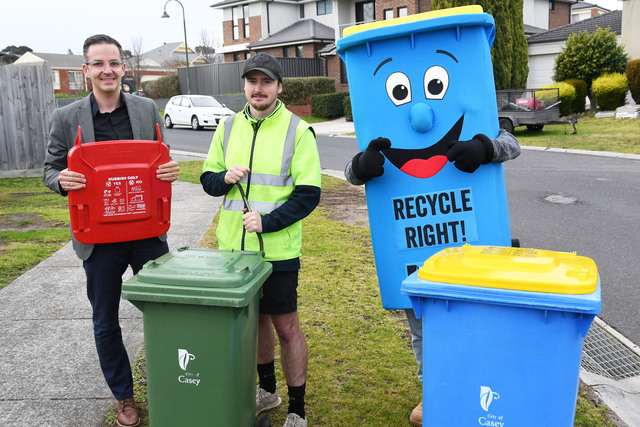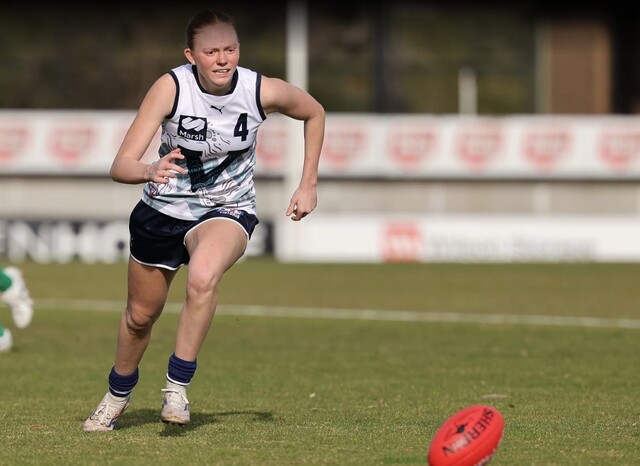By Lia Bichel
A MOTHER of a child who has been removed from several daycare centres says there needs to be more available support for carers of children with behavioural and learning difficulties.
Kelly Sawford, from Narre Warren East, said many daycare providers were unable to cope with her three-year-old son Ethan, who was diagnosed with Attention Deficit Hyperactivity Disorder (ADHD) three months ago.
Her partner, Royce Robinson, quit his job to care for Ethan, who has attended six daycare centres in less than a year.
“Ethan gets very frustrated and can’t communicate his feelings, so he tends to lash out. Daycare workers have told us they just can’t help him anymore,” Ms Sawford said.
“Ethan gets attached to the workers and loves the daycare, but doesn’t understand why he gets moved around so much.”
Ms Sawford said she wanted workers to understand how to deal with children with behavioural problems, but understood the difficulty of finding such support, having had to do her own research about how to deal with an ADHD child after he was diagnosed.
Ms Sawford decided to get Ethan assessed by a paediatrician when he started acting aggressively, but he was originally misdiagnosed.
“Ethan was a very full-on child, basically running riot and not settling. He wasn’t communicating and tended to be a bit violent- kicking and punching me- so we got him assessed,” she said.
“At first, the paediatrician thought he had a sleeping problem but sleep medication didn’t work. Then he was diagnosed with ADHD and given the medication Ritalin which has calmed him down a lot. But we didn’t get much support after the diagnosis.”
Ms Sawford said she believed many daycare centres “didn’t want the trouble” of dealing with her son and hoped she could find more support within the community before he started Prep.
“I am really scared of what’s going to happen when he starts going to school,” she said.
“I don’t know what to expect.”
Judie Gade, ADHD corporate consultant and founder of ADDventurous Women online support group, agreed that there needed to be more support and education for care givers and teachers.
She said having an ADHD child, especially one as young as three, could be very wearing and tiring on parents and support groups could be very helpful.
“Without a doubt in my mind, there needs to be more education, seminars and workshops, about ADHD, for childcare workers and also at a tertiary level for future primary and secondary teachers,” she said.
“Not enough people are trained in atypical diagnoses such as ADD, Asperger’s syndrome and autism who are supporting, caring or educating children.”
Ms Gade said children with these diagnoses were often the subject of unfair treatment.
“Many of the children are anxiety-prone. They are open to being targeted by other children, often for no particular reason other than they are different. This can result in what appears to be bad behaviour rather than the result of being tormented,” Ms Gade said.
“Children with ADD and ADHD more often have attention ‘overabundance’rather than an attention deficiency. They get distracted by everything going onaround them. They are often very intelligent children, but their brains work in a different way.
“When they are three years old,their self-regulation hasn’t developed – once they get to about the age of seven you can start to teach them in a more structuredenvironment. It’s about tapping intotheir strengths, competencies and teaching them social skills in a way they can understand.”
Ethan needs a hand
Digital Editions
-

Casey bin lid swap starts 11 August
Purchase this photo from Pic Store: 491853 Casey Council will soon begin swapping bin lids to meet the State Government’s standardised household waste and recycling…





